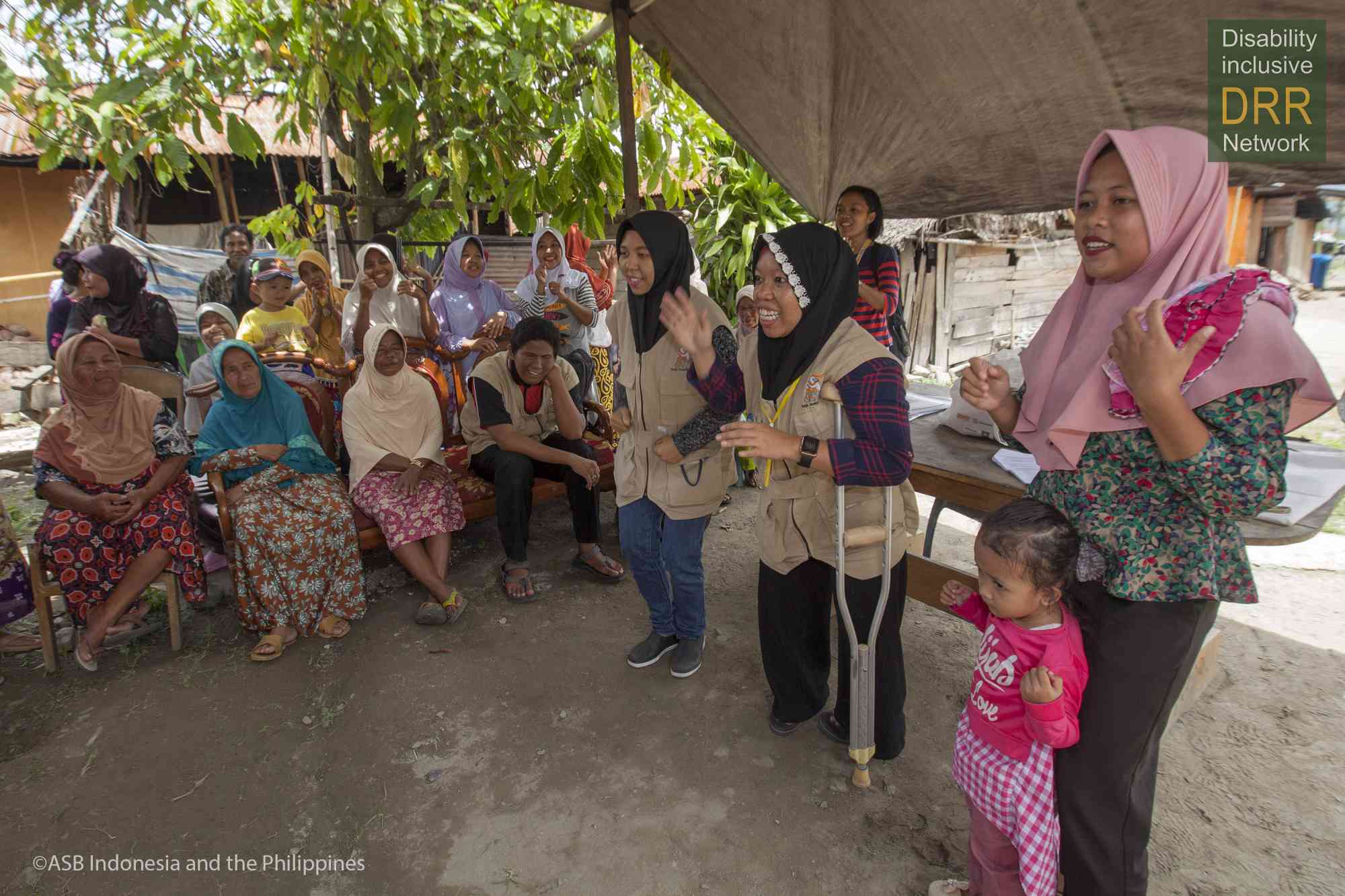Leadership of persons with disabilities in delivering the Sendai Framework
The Disability-inclusive Disaster Risk Reduction Network (DiDRRN) is committed to reduce the disproportionate risk of persons with disabilities in disaster by ensuring Sendai Framework commitments on disability-inclusion are implemented practically and reflected in regional and national strategies.
Description
The Disability-inclusive Disaster Risk Reduction Network (DiDRRN) is a consortium of like-minded Disabled People’s Organisations (DPOs), disability-focused and ‘mainstream’ DRR/relief organisations. The DiDRRN aims to secure the active participation and meaningful contribution of persons with disabilities in DRR policy and practice in line with respective commitments mentioned in the Sendai Framework for Disaster Risk Reduction. Our mission is based on the evidence that the mortality rate among persons with disabilities during disaster is twice to four times that of the rest of the population (UNESCAP, 2014), and that this is something that can be prevented through disability-inclusive DRR (GFDRR, 2017).
Based on this, we are committed to: (1) Promote leadership of persons with disabilities in inclusive DRR policy and planning development at all levels, (2) Increase active contribution of persons with disabilities and their representing organisations in building community resilience, (3) Equip disability and DRR actors with practical knowledge and skills in delivering inclusive and coordinated disaster preparedness and humanitarian response, and (4) Facilitate multi-sector and multi-level partnerships for inclusive DRR implementation.
This commitment is going to be delivered by DiDRRN members that are working on Disability-inclusive DRR (DiDRR) both at country level and throughout Asia-Pacific region, namely: Arbeiter-Samariter-Bund (ASB), in Indonesia, the Philippines, and Nepal, Christian Blind Mission (CBM) in Bangladesh, Philippines, Nepal, Pakistan and Vietnam, Centre for Disability in Development (CDD) in Bangladesh, Humanity & Inclusion in Philippines and Pakistan, Malteser International in Myanmar, Pacific Disability Forum in Fiji, Vanuatu and Tonga, and South Asian Disability Forum (SADF) in Pakistan. The evidence of DiDRR practices will be collected and shared among countries within the network, and will be disseminated at the regional and global DRR policy and consultation mechanisms.
Did the Sendai Framework change or contribute to changes in your activities/organization? If so, how?
Prior to the Sendai Framework, the DiDRRN has realised the need to engage persons with disabilities in its work and hence has been actively contributing and influencing DRR policies at regional and global level to accommodate this. The result is reflected in the Sendai Framework’s commitment to all-of-society engagement, which then provided a strong foundation for us to continue to support the government and all other relevant stakeholders to ensure the DRR policy and practice are inclusive.
What led you to make this commitment/initiative?
What was your position before making this Voluntary Commitment / prior to the Sendai Framework?
DiDRRN has been an advocate for disability-inclusive DRR since its establishment in 2012, working and collaborating with DRR and disability stakeholders to promote disability inclusive DRR policies and practices at all levels. Since the adoption of Sendai Framework and its landmark commitment to all-of-society engagement, the DiDRRN expands its aim to support broader social inclusion by continuing to work through disability inclusion as the entry point.

